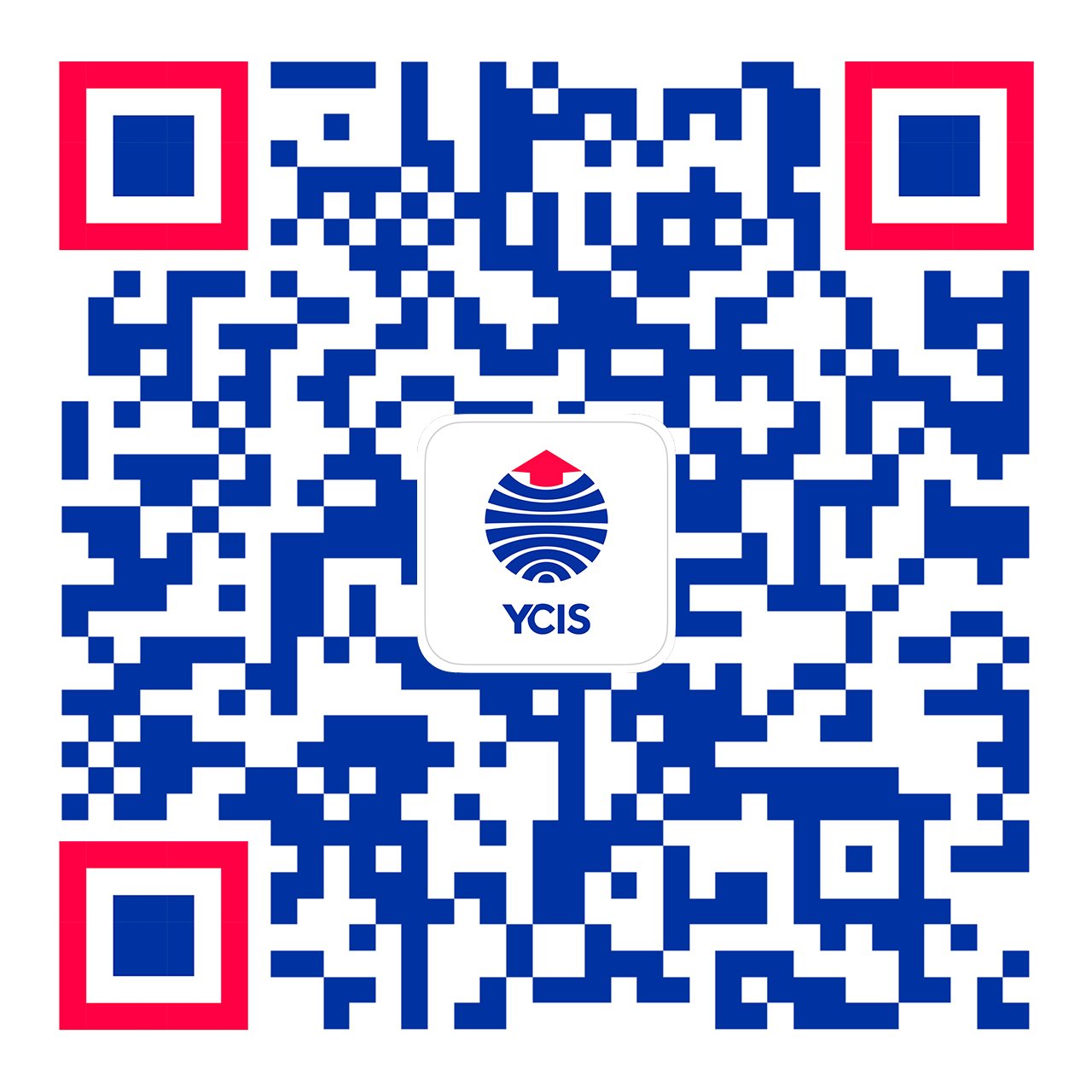YCIS is proud to present an educational webinar that we partnered with SCMP, as part of our YCIS Educators series. Let’s hear from our Co-Principal and Educators, on the importance of play-based and child-centred learning to young children’s holistic development.
In the new era, early childhood education requires more interactive teaching and learning, as well as the use of technology. Children’s natural curiosity, learning and exploration, positive identity and character are effectively developed through play-based and child-centred learning environments.
In this video, you will gain a deeper understanding of:
To know more about YCIS, click to join our Online Information Session and hear from our Co-Principals on the unique YCIS international curriculum and how your child can benefit from it.
admissions@ycef.com | +852 2338 7106
© 2023, Yew Chung International School of Hong Kong. All rights reserved.


YCIS Hong Kong is a Child-Safe School
Click HERE for our Child Protection Policies and Procedures
YCIS Hong Kong is a member of the Yew Chung Education Foundation (YCEF), both are registered non-profit organisations in Hong Kong
© Yew Chung International School of Hong Kong 2024. All rights reserved